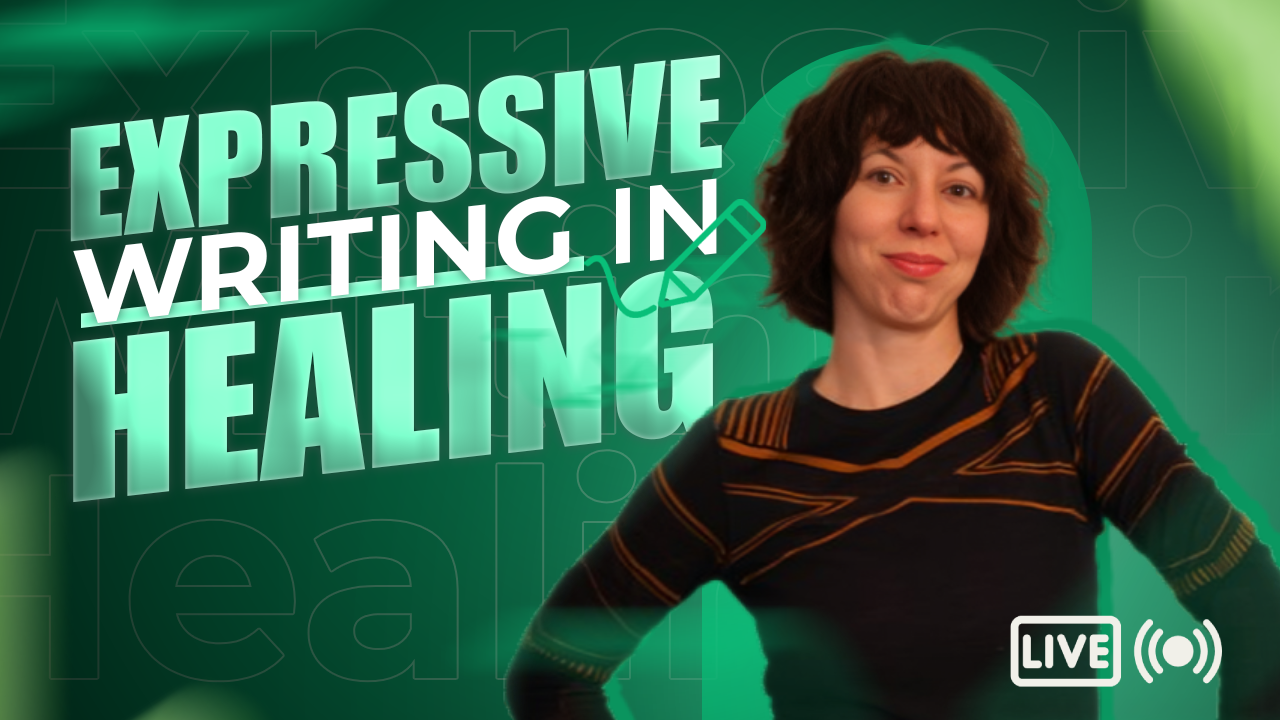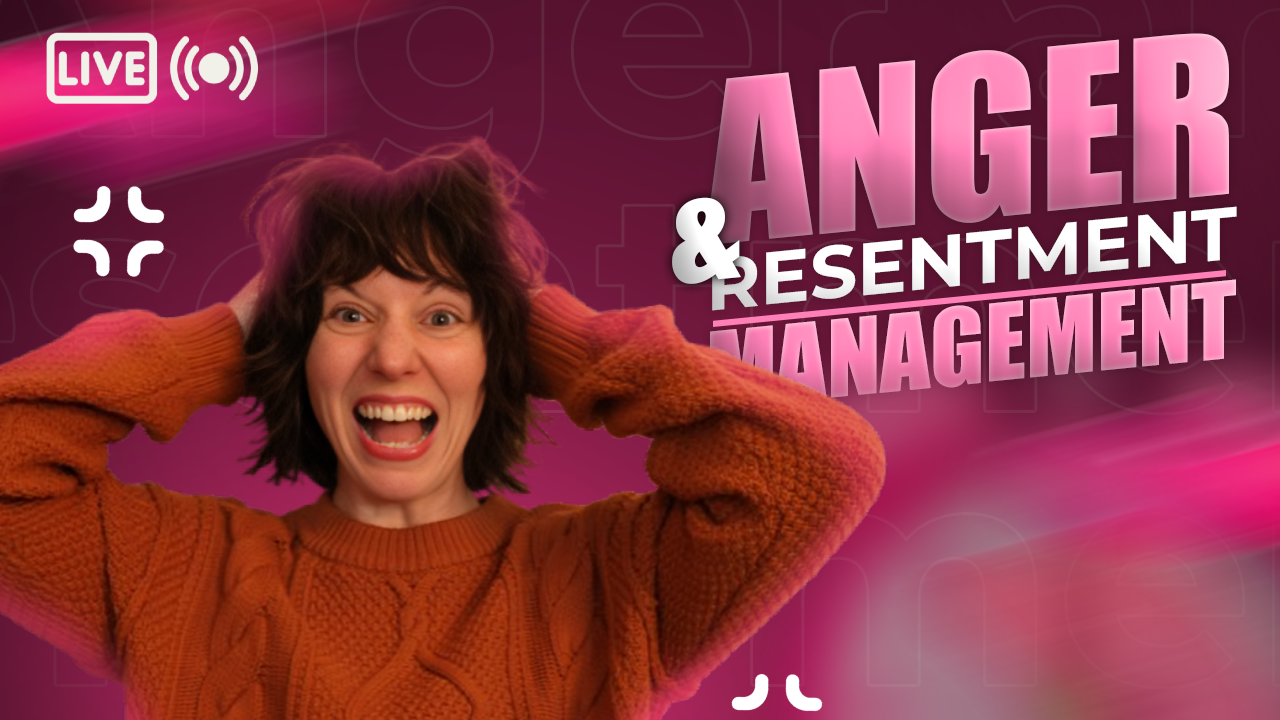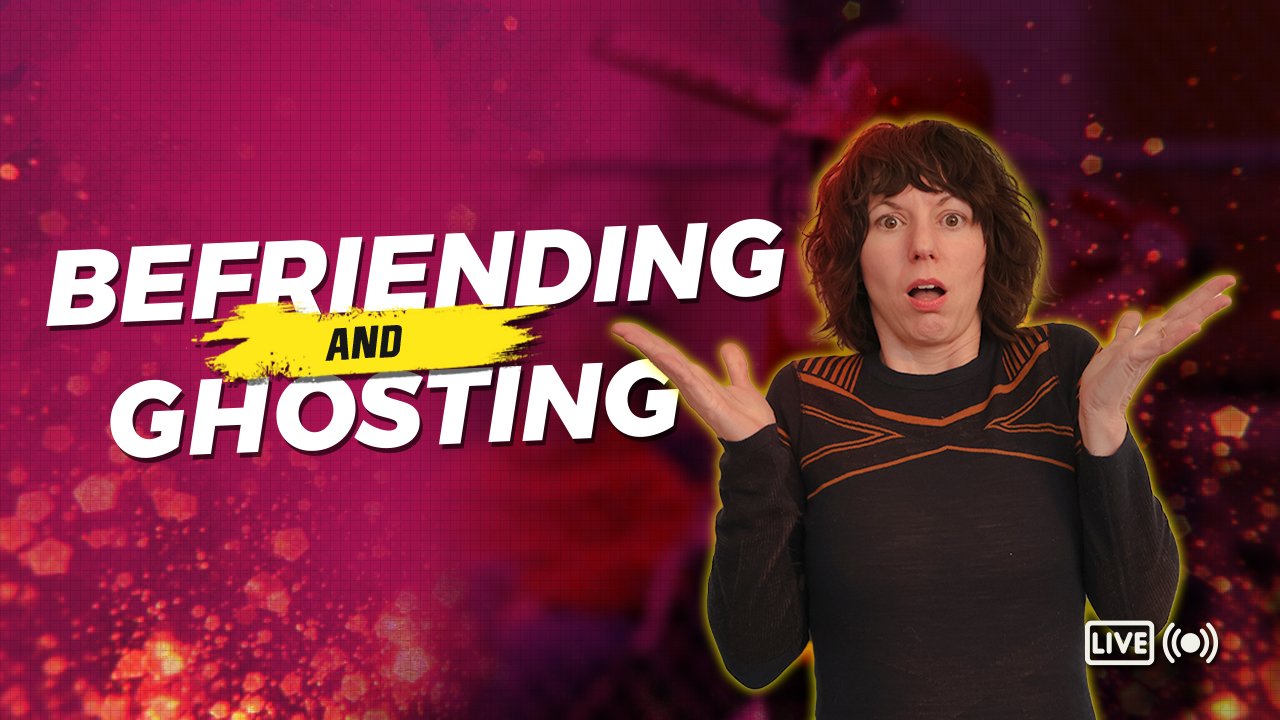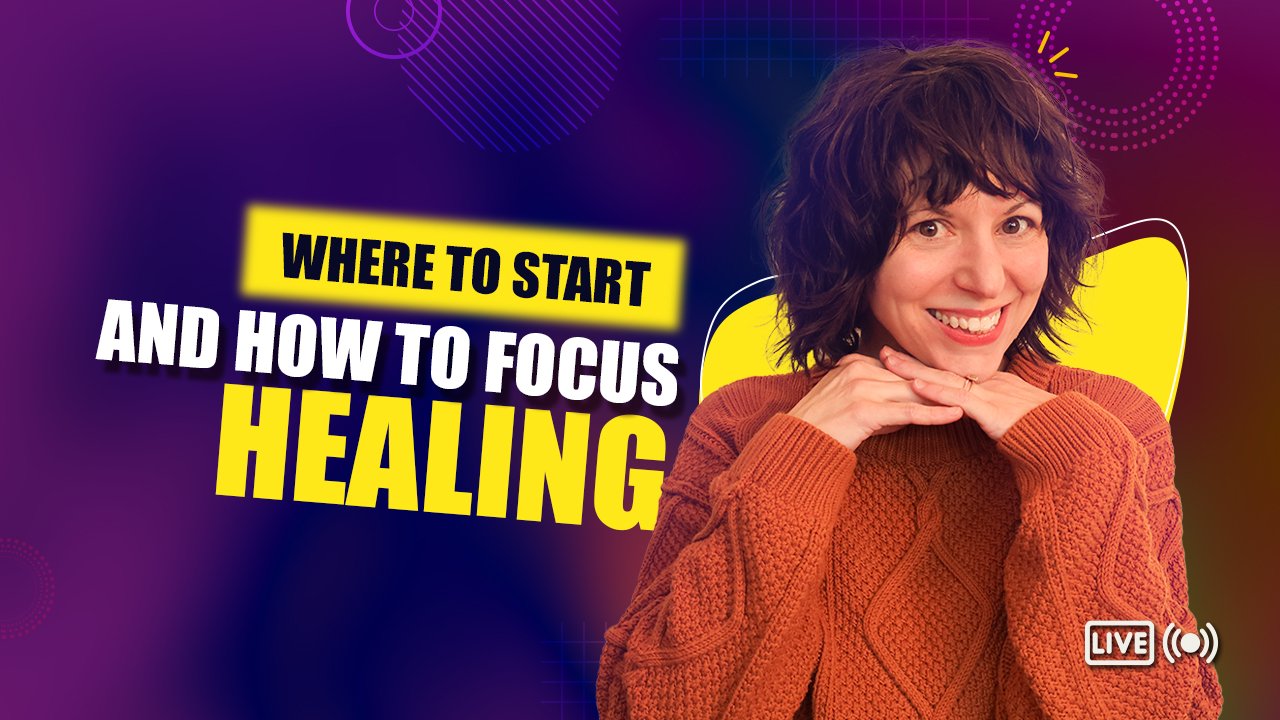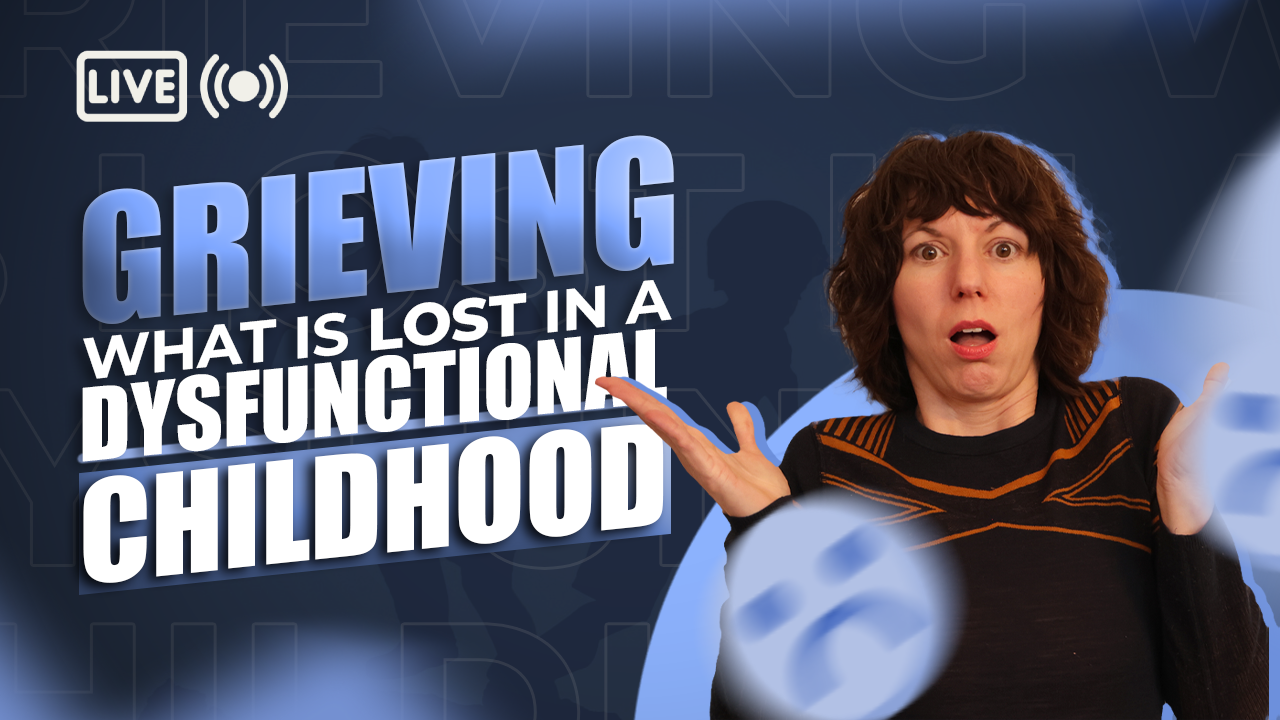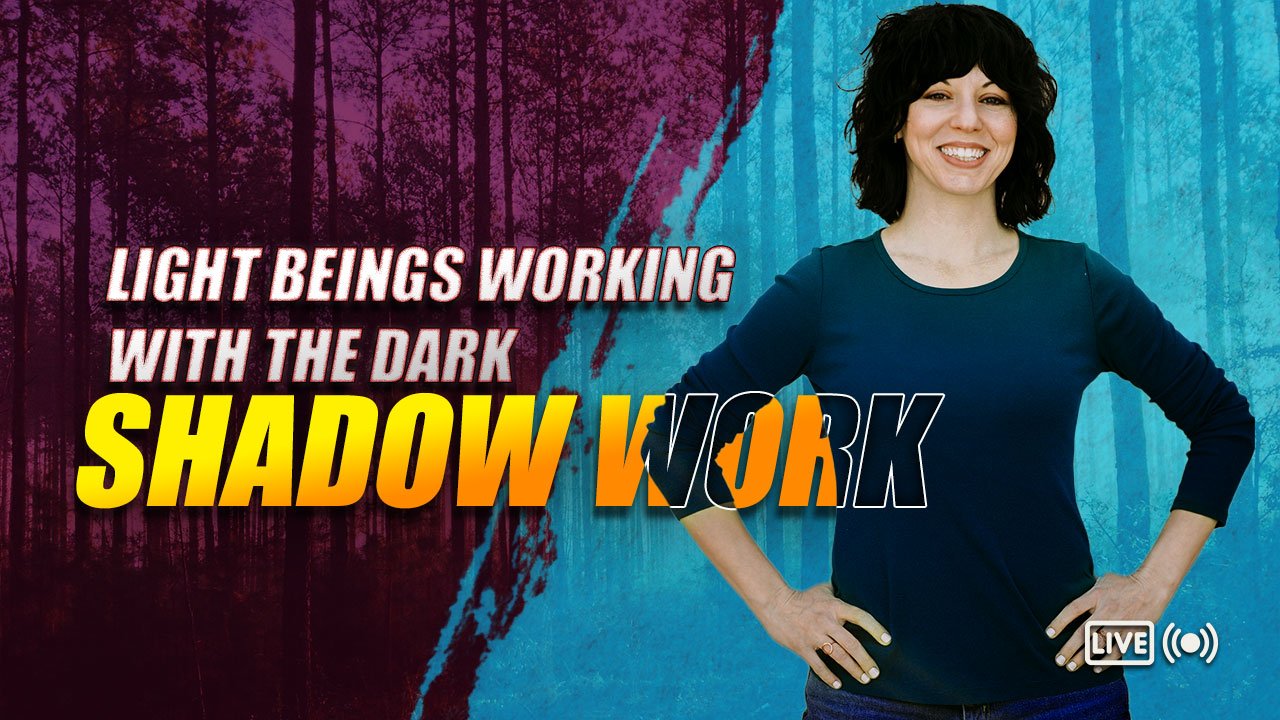From Pain to Power: Overcoming the Effects of Rageful Parenting
Today I’m going to be discussing how to heal from a rageful parent. Mental health is an incredibly complex issue, particularly for those who have experienced abuse or grew up in a home with a parent who had anger issues. In this blog post, we will explore the nuances of healing from this type of childhood trauma.
Firstly, it's essential to understand that being raised by someone who rages can cause confusion, self-discovery, minimization, guilt, and shame. It can be challenging to navigate, but it's crucial not to dismiss or minimize your experiences.
It's also essential to understand the difference between aggression and abuse. First, I want to address the idea that words are violence. While words can be aggressive, abusive, harsh, mean, and severe, they are not violence. Violence is physical force. I believe this is important because when we redefine words to fit our worldview, it can lead to depression and fragility.
We must allow ourselves to experiment with the world and not just take someone else's word as truth. As an adult, you are responsible for your own life, and anyone who needs you to believe them is likely rocking some kind of ego problem. I offer my perspectives and insight but I genuinely want you to think for yourself.
It's especially important to consider this if you grew up with manipulation. Learning how to process through your own wisdom and not giving your power away is essential to becoming your own authority figure as a source of safety, grounding, and security.
Now, let's talk about trauma. It's a word and term that is unfortunately overused now. While reducing stigma around surviving trauma is important, it's not healthy to use trauma as an identity or a lifestyle. Trauma makes us sick, and it's our job to eradicate that sickness from our own lives. Nobody will show up and do it for us.
Healing is in part an intentional rejection of what was accidentally learned and what accidentally became a sickness in our minds and in our bodies. As someone who was made sick by the trauma I experienced as a child, I know how it feels to move through life with a wounded sense of worth, a broken people picker, and as if there were constant eagles and hawks flying overhead. It's not a good way to live.
But here's the thing: You get to believe in your own ability to heal. As someone who spent 15 years of my life with professionals reinforcing the fact that I would just always have all of the post-traumatic stress symptoms, I don't have post-traumatic stress today. And I don't believe that it's a good message to give anyone in recovery. If you're healing from a dysfunctional childhood, know that you can let go of what never did and never will serve you, and believe in your own ability to heal.
Healing involves undoing the patterns that our bodies have learned to feel and relearning how to be calm, peaceful, and centered. It means shifting from a state of exhausting hypervigilance to one of reasonable vigilance, because being hyper vigilant causes us to miss important things. It's like pulling an all-nighter to finish a paper and making mistakes that we don't even notice because we're so exhausted and focused on getting the task done. Hyper vigilance gives us a false sense of security, but in reality, it causes us to miss important details. The inner child within us may feel safe in this state, but it's important to teach ourselves that we don't want to live our lives in that state.
It takes time and patience to do this work and often requires cultivating self-love, especially if we grew up in a home with a lot of dysfunction, chaos, or neglect. In my own experience, my biological father and mother were both prone to rage, and it wasn't until later in life that I realized the impact that had on me. Although my mother portrayed herself as a battered woman, my memories of the violence I witnessed didn't fit the stereotypical image we often have of abuse. I witnessed two grown adults violently fighting with each other, and later on, my mother took her rage out on her children, although she never physically hurt us in a way that left visible marks.
It's common for abusers to justify their behavior to themselves before justifying it to their children, leading us to grow up thinking that their abusive behavior is normal or even acceptable. This is especially true for those who use authoritarian parenting styles, as they may justify their harshness as a form of discipline. It takes time and effort to undo these patterns and relearn how to feel safe and centered.
When my mom was in a rage, her face would terrify me. She would get inches away from me and scream at the top of her lungs. Her eyes would bulge out and her face would turn bright red. I could feel her spittle all over my face, but I was not allowed to move away or her anger would escalate. Sometimes she would even poke me in the breastbone and walk me around the house.
As she poked me hard in the breastbone, I would walk backward trying to avoid her. Sometimes, there were tiny bruises that nobody could see. She would scream and lift me off the ground by both arms. After we left my grandparents' house and she remarried, she started punching walls when she got angry. Although she never hit me with a closed fist, I didn't realize how scary this was for me as a child until I grew up.
This kind of behavior from an adult, this out-of-control aggression, taught me a lot as a child. But now that I am an adult, I know that I can handle it differently. I can step back, talk back, call the police, scream, or fight back if necessary. I've learned that this kind of behavior from another person is their issue, not mine. Some adults never grow up or learn to control themselves, and they take their feelings out on others through verbal or physical abuse.
Living with a rager creates a lot of tension in the household, and it can be hard for therapy or coaching clients to pinpoint that tension. The constant tension can lead to hyper-vigilance and post-traumatic stress disorder in children. Surprisingly, when a rager finally loses their cool, there is a sense of relief for the child, like a rocket launching. We know the tension is finally released, even though it's a difficult feeling to explain.
Living with a rager as a child means that even if the tensions come down from a constant level ten to a level five, it's still not a healthy or safe environment for a child to grow up in.
As I've come to understand, when someone can explode without warning, it's difficult for the tension to ever truly dissipate. This kind of constant tension can have a significant impact on a developing person, affecting their body and causing exhaustion over time. It's especially concerning when our homes, which should be our sanctuary spaces, never feel truly safe or peaceful.
To better understand this, I like to think about what it would be like if a never-ending song played in the background of our lives. We would never have a moment of quiet or the opportunity to switch to a different song. It would be exhausting, and we would feel the weight of that constant noise on our bodies. The same is true for growing up in a rageful home —the tension and stress take a toll on us physically and emotionally.
As we work to heal, there are a few things we can do to focus our efforts. First, we must learn how to be around upset and feel safe, recognizing that it's normal for both ourselves and others to experience difficult emotions. It's important to differentiate between being upset and being traumatized—the former is a natural part of the human experience, while the latter is not acceptable.
Empathy is also critical to healing, but we need to be careful not to take on others' emotional burdens. Learning to care for someone without trying to fix their problems or manage their emotions is a fine line, but it's essential to avoid codependency and exhaustion. We need to take responsibility for our own lives and recognize that doing so is a gift to the people around us—they don't need to carry our burdens, and we can be a support beam rather than a load-bearing one. Over time, we learn what a reasonable amount of support is and what's too much.
As I work on finding a grounded approach and let go of codependency, I realize that good relationships require constant negotiation. I used to think that a good relationship meant not having to express myself, but that's not true. As we spend more time together, it's easy to make assumptions, leading to miscommunication. We have to let go of this immature idea and learn to negotiate better to have healthy relationships.
It's often joked in dysfunctional families that if one person isn't happy, nobody in the house is happy. This is a codependent teaching that we should reject. It's not mature to spread our pain to others. Instead, we should have boundaries that define where we start and stop and where others start and stop. We shouldn't allow others to dump their emotional burdens on us.
We should embrace our imperfection and learn to make mistakes without attacking ourselves. This is difficult because we often learn from a young age that being perfect is the only way to reduce stress in our relationships. This can lead to codependent behavior and anxious attachment. We need to learn to accept that making mistakes is part of being human.
I am caught in a pattern with someone, and we're in the part of the cycle where I apologize. However, I have realized that my apology isn't healthy, and it's important for me to learn what a healthy apology is. A healthy apology involves a sincere "I'm sorry" and a commitment to change my behavior. I must take action to show myself and others that my apology is not just an empty phrase. Breaking the cycle of abuse takes courage, and I must not let shame hold me back from evolving and transcending.
I must remember that I am lovable and important just by existing. It's natural to get mad at people, but it doesn't mean that we want them to feel worthless. As children, we make meaning out of things, and sometimes we take that meaning into adulthood in a way that doesn't serve us. We must let go of the idea that someone else's rage defines our worth or loveability. It's essential to work on becoming more securely attached to ourselves, and we must learn that people can be upset around us without affecting our worth or value.
If we're currently in a relationship with someone who is abusive or immature, it might be tough to work through this dynamic. However, healthier people are available to have a relationship with and can help us. It's a hard truth, but it's important to recognize.
Healing from the trauma caused by a rageful parent is a complex process that requires time, patience, and intentional effort. It's essential to understand the nuances of this type of childhood trauma and not dismiss or minimize your experiences. It's also important to learn how to process through your own wisdom and not give your power away. Healing involves undoing the patterns that our bodies have learned and relearning how to be calm, peaceful, and centered. Cultivating self-love is crucial, especially if you grew up in a home with a lot of dysfunction, chaos, or neglect. It's possible to let go of what never did and never will serve you and believe in your own ability to heal. Remember that healing takes time, effort, and patience, but it's worth it to feel safe and centered in your own life.
Episode Tags
- ADD 1
- Abuse 14
- Alcohol 3
- Anger 9
- Bullying 5
- Childhood 37
- Codependency 8
- Covid 4
- Crystal Catalina 4
- Depression 15
- Detachment 2
- Disassociation 4
- Emotions 74
- Existentialism 2
- Faith 1
- Family 25
- Fatigue 4
- Focus 3
- Gratitude 11
- Grief 10
- Guilt 2
- Healers 7
- Healing 51
- High Sensation 4
- Hope 1
- Hypervigilance 7
- Introverts 6
- Lonliness 7
- Love 3
- Manifesting 5
- Manipulation 19
- Men 1
- Mindfulness 38
- Money 10
- Music 3
- Nutrition 2
- Overthinking 8
- PTSD 11
- Parenting 12
- People Pleasing 7
- Perfectionism 6
- Pets 4
- Relationships 13
- Resiliency 12
- Sadness 1
- Self Esteem 16
- Self Love 11
- Self Respect 1
- Self-Care 24
- Sex 1
Upcoming Events
Episode Tags
- ADD 1
- Abuse 14
- Alcohol 3
- Anger 9
- Bullying 5
- Childhood 37
- Codependency 8
- Covid 4
- Crystal Catalina 4
- Depression 15
- Detachment 2
- Disassociation 4
- Emotions 74
- Existentialism 2
- Faith 1
- Family 25
- Fatigue 4
- Focus 3
- Gratitude 11
- Grief 10
- Guilt 2
- Healers 7
- Healing 51
- High Sensation 4
- Hope 1
- Hypervigilance 7
- Introverts 6
- Lonliness 7
- Love 3
- Manifesting 5
- Manipulation 19
- Men 1
- Mindfulness 38
- Money 10
- Music 3
- Nutrition 2
- Overthinking 8
- PTSD 11
- Parenting 12
- People Pleasing 7
- Perfectionism 6
- Pets 4
- Relationships 13
- Resiliency 12
- Sadness 1
- Self Esteem 16
- Self Love 11
- Self Respect 1
- Self-Care 24
- Sex 1













